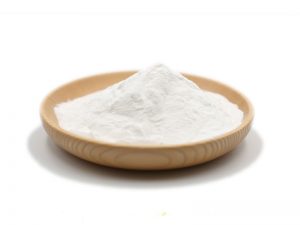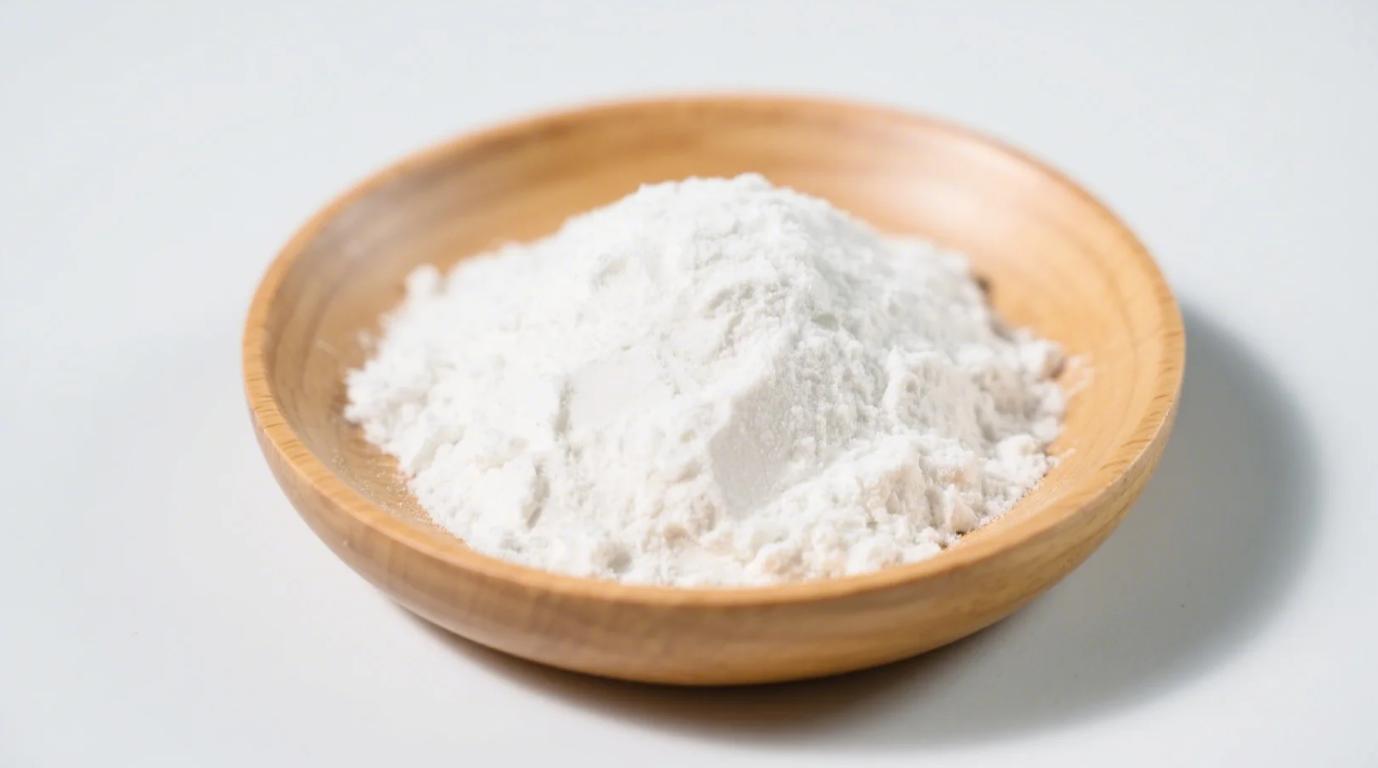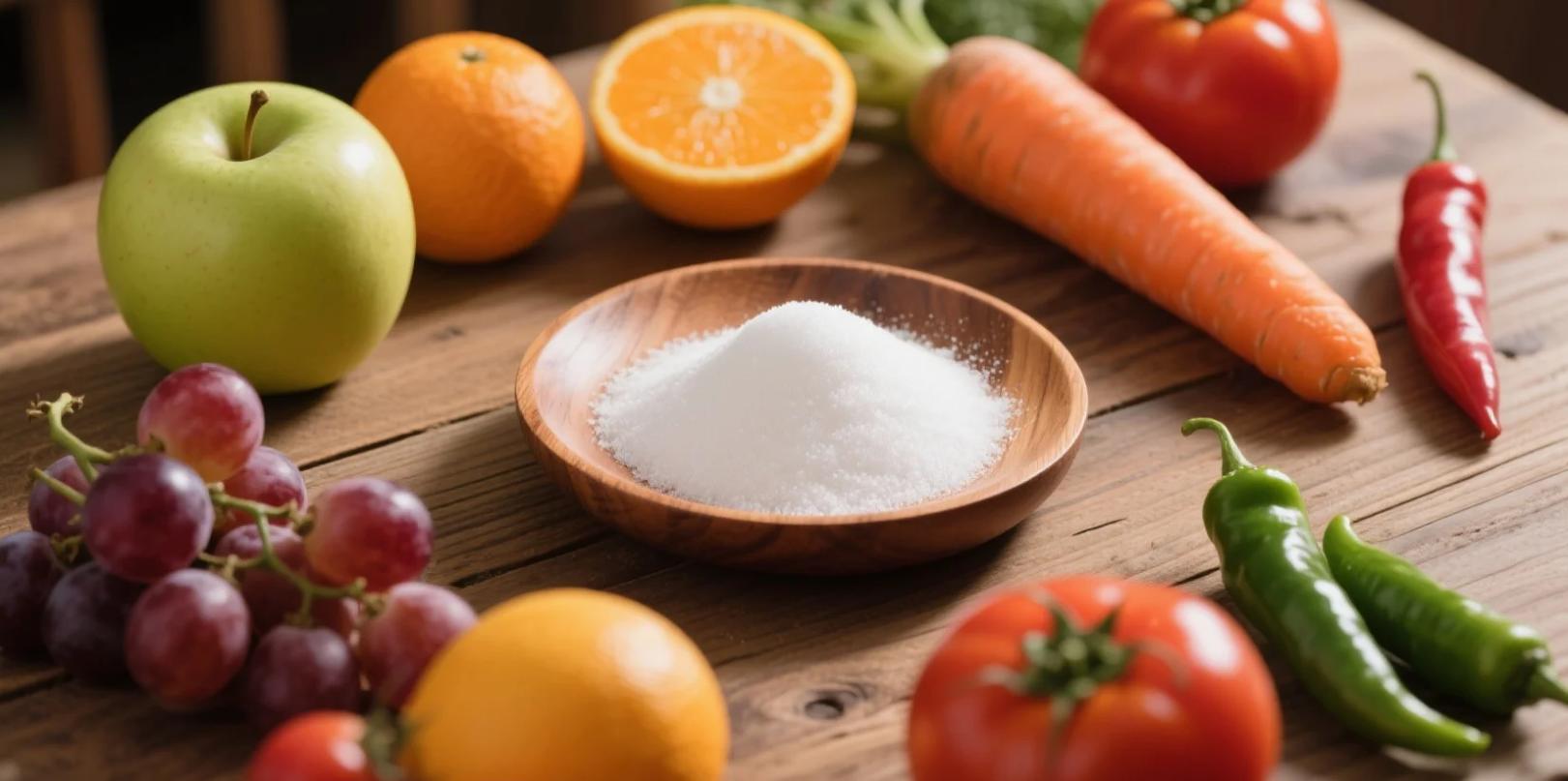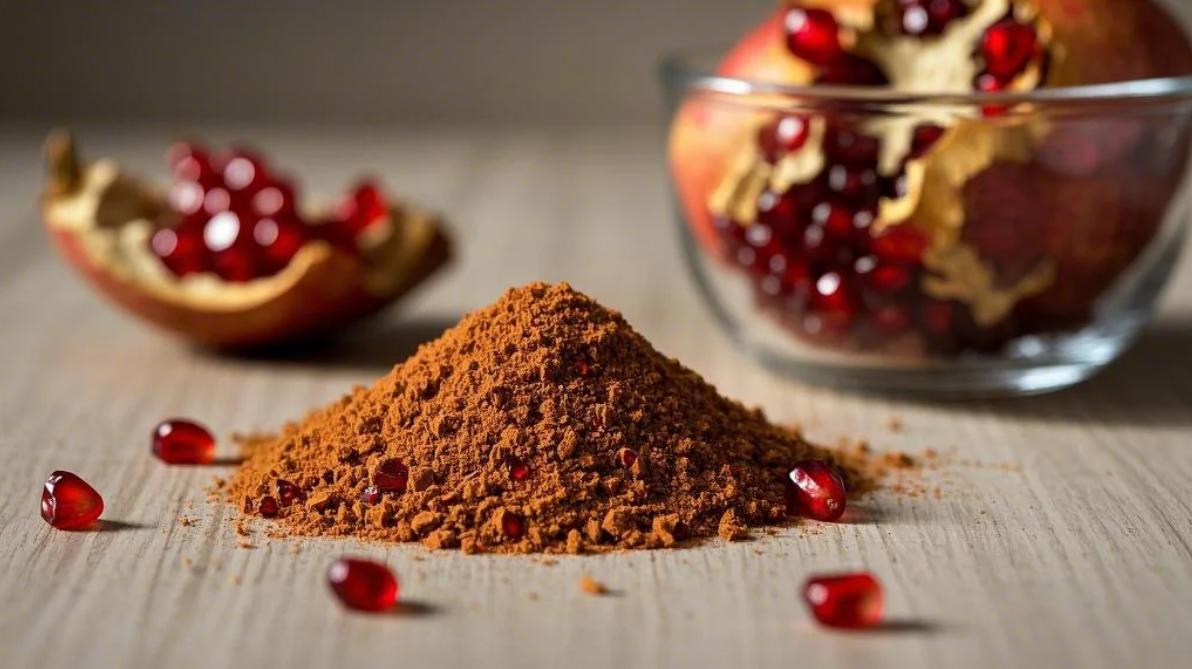Table of Contents
Jerusalem artichoke (sunchoke) is prized for its high inulin content—a prebiotic fiber celebrated for gut health. But while organic Jerusalem artichoke inulin offers digestive and immune benefits, its unique properties can also trigger discomfort in sensitive individuals. Let’s explore the science-backed side effects, who should avoid it, and how organic certification mitigates risks.
5 Common Side Effects of Jerusalem Artichoke Inulin
1. Digestive Distress
- Bloating & Gas: Inulin ferments in the colon, feeding beneficial bacteria but producing excess gas. Studies show 10–20g/day causes symptoms in 60% of new users.
- Fix: Start with 2–3g daily and increase slowly over weeks.
2. Diarrhea or Loose Stools
- Cause: Rapid osmotic effect draws water into the intestines.
- At-Risk: Those with IBS-D or FODMAP intolerance.
3. Allergic Reactions (Rare)
- Triggers: Cross-reactivity in those allergic to ragweed, sunflowers, or daisies.
- Symptoms: Itching, hives, or stomach cramps.
4. Blood Sugar Swings
- Risk: Inulin may lower blood sugar, requiring adjustment for diabetics on insulin.
5. Mineral Absorption Interference
- Phytic Acid: Raw sunchokes contain phytic acid, which can bind to iron/zinc—though processing reduces this in purified inulin.
Organic vs. Conventional Inulin: Risk Comparison
| Factor | Organic Jerusalem Artichoke Inulin | Conventional Inulin |
|---|---|---|
| FODMAP Content | Standardized to <5% fructans | May vary, higher risk of GOS |
| Pesticides | None (EU organic-certified farming) | Chlorpyrifos residues common |
| Additives | No anti-caking agents or maltodextrin | Often blended with fillers |
| Heavy Metals | Soil-tested for lead/cadmium | Risk of contamination from pollution |
Who Should Avoid Jerusalem Artichoke Inulin?
- Low-FODMAP Dieters: High in fructans, a trigger for IBS.
- SIBO Patients: May worsen bacterial overgrowth symptoms.
- Ragweed Allergy Sufferers: Risk of cross-reactivity.
- Kidney Stone Prone: Contains moderate oxalates.
How to Use Organic Inulin Safely
- Start Low: 2–3g/day (½ tsp), increasing by 1g weekly.
- Pair with Probiotics: Reduces gas by balancing gut flora.
- Choose Organic: Ensures no pesticide residues that irritate the gut lining.
- Timing: Take with meals to slow fermentation.
Why “Organic” Reduces Side Effects
Non-organic sunchokes are often treated with chlorpyrifos (neurotoxic insecticide) and glyphosate. Certified organic inulin guarantees:
✅ No synthetic pesticides or GMOs
✅ Low heavy metals (tested during extraction)
✅ Pure inulin (92%+) without bulking agents
Alternatives for Sensitive Individuals
- Low-FODMAP Prebiotics: PHGG (partially hydrolyzed guar gum).
- Soluble Fiber: Acacia fiber or glucomannan.
- Organic Chicory Root Inulin: Lower fructan content.
FAQs
Q: Can inulin cause weight gain?
A: No—its low calories (1.5kcal/g) and appetite-suppressing effects aid weight management.
Q: Safe during pregnancy?
A: Yes in moderation (≤5g/day), but consult a doctor.
Q: How to test for intolerance?
A: Eliminate for 2 weeks, then reintroduce 1g daily.
Q: Shelf life?
A: 3 years in airtight containers; no refrigeration needed.
The Verdict
While organic Jerusalem artichoke inulin can cause gas or bloating in new users, its prebiotic benefits for gut health, immunity, and blood sugar balance often outweigh temporary discomfort. By starting slow, choosing organic, and listening to your body, you can harness its power without the pitfalls.
Gut Health Starts with Wisdom
Organic Jerusalem artichoke inulin isn’t a one-size-fits-all solution—it’s a tool for those who respect their body’s signals. Whether you’re stirring it into coffee, baking, or blending, let knowledge guide your prebiotic journey.
Nourish your microbiome. Respect your limits.
Related Products
Organic Inulin Powder
Aliases: Artichoke inulin, Jerusalem Artichoke inulin, Jerusalem artichoke fiberAppearance: White PowderIngredients: Jerusalem…
Organic Konjac Flour
Appearance: White Powder Mesh Size: 80-200 Mesh



